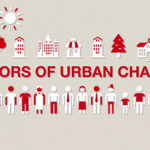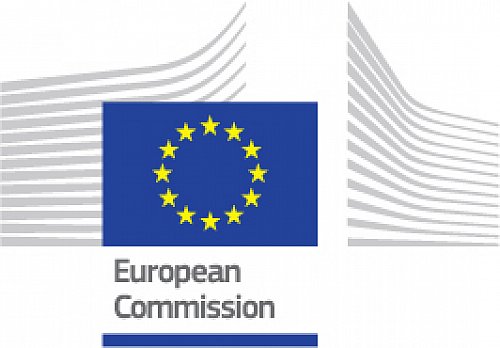TAILOR-MADE SUPPORT FOR PUBLIC ADMINISTRATION – THE STRUCTURAL REFORM SUPPORT PROGRAMME
The Structural Reform Support Programme (SRSP) finances tailor-made technical support for administrative reform to EU member states. The aim of the programme is to promote adminstrative reforms aiming at more effective institutions, stronger governance frameworks and efficient public administrations. The programme is coordinated by the Structural Reform Support Service (SRSS) of the European Commission and provides a budget of EUR 142.8 million for the funding period 2017-2020.
The European Commission provides the technical support upon request of the member states. According to the SRSP Regulation, the request needs to be submitted by 31 October of a calendar year.
WHAT DOES THE PROGRAMME SUPPORT?
The Structural Reform Support Programme helps EU countries to increase their capacities to design and implement policies that strengthen the efficiency and effectivity of public institutions and improve public governance. The following policy areas are subject to support of the programme:
- governance and public administration
- revenue administration and public financial management
- rule of law, anti-corruption, anti-money-laundering and anti-fraud activities
- investment climate
- public assets
- energy union and climate issues
- education
- sectoral policies
- health care
- labour market issues
- financing and access to finance, capital markets union (CMU)
- migration and border control
TRANSNATIONAL PARTNERSHIPS
The beneficiary country – in coordination with the European Commission – may enter into partnership with one or more member states that will be reform partners in specific policy areas. Based ona mutual understanding with the beneficiary country and the European Commission, the reform partner(s) support the formulation of a strategy, roadmaps, and/or oversee the implementation of the planned actions.
The Structural Reform Support Programme (SRSP) was initiated after an agreement of the European Commission with the European Parliament and Council of Ministers in February 2017.




